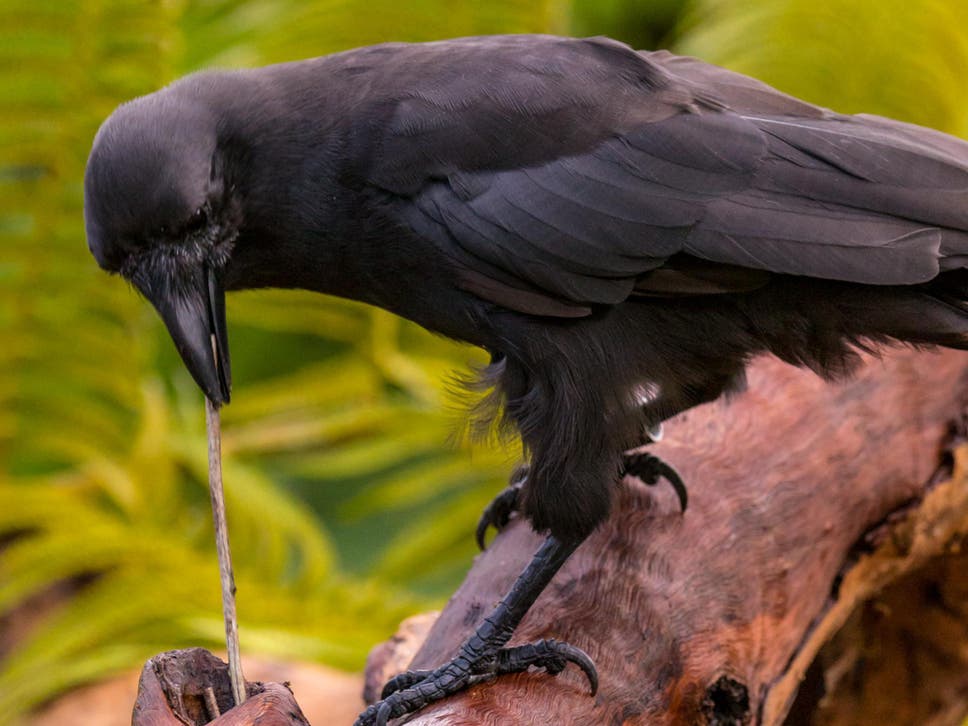
Master of Science - Ecology, Evolution and Conservation (2 SWS)
Offered by: Dr. Valeria Mazza - Animal Ecology group, Institute for Biochemistry and Biology
Description
The purpose of this course is to acquire working knowledge of research that integrates cognitive and behavioural studies at the ecological level.
Cognition refers to the processes of acquiring, retaining, and using information. Animals rely on a wide variety of information to interact with their environment and these interactions affect survival and reproduction. Cognitive ecology represents an integration of psychology and ecology, examining cognitive processes that allow animals to solve fitness-related problems (Real, 1993).
The course focuses on assessing animal cognition via behavioural experimentation, and on understanding how animals use their cognitive abilities to adapt to their ecological surroundings.
Topics covered
• Memory and learning, including social learning
• Advanced cognition, including theory of mind, metacognition, and self-awareness
• Innovation and problem-solving, including tool use
• Navigation and route learning
• Helping behaviour, including cooperation, altruism and empathy
Pre-requisites
The course is open for Bachelor and Master students who have previous knowledge of behavioural ecology, experimental design and analyses. Basic knowledge of behavioural ecology and statistics is presumed, such as covered by the courses "Animal Ecology” (Master), “Behavioural Ecology” (Bachelor) and “Introduction to R”/”Statistics” (both).
- Kursleiter*in: Dr. Valeria Mazza

